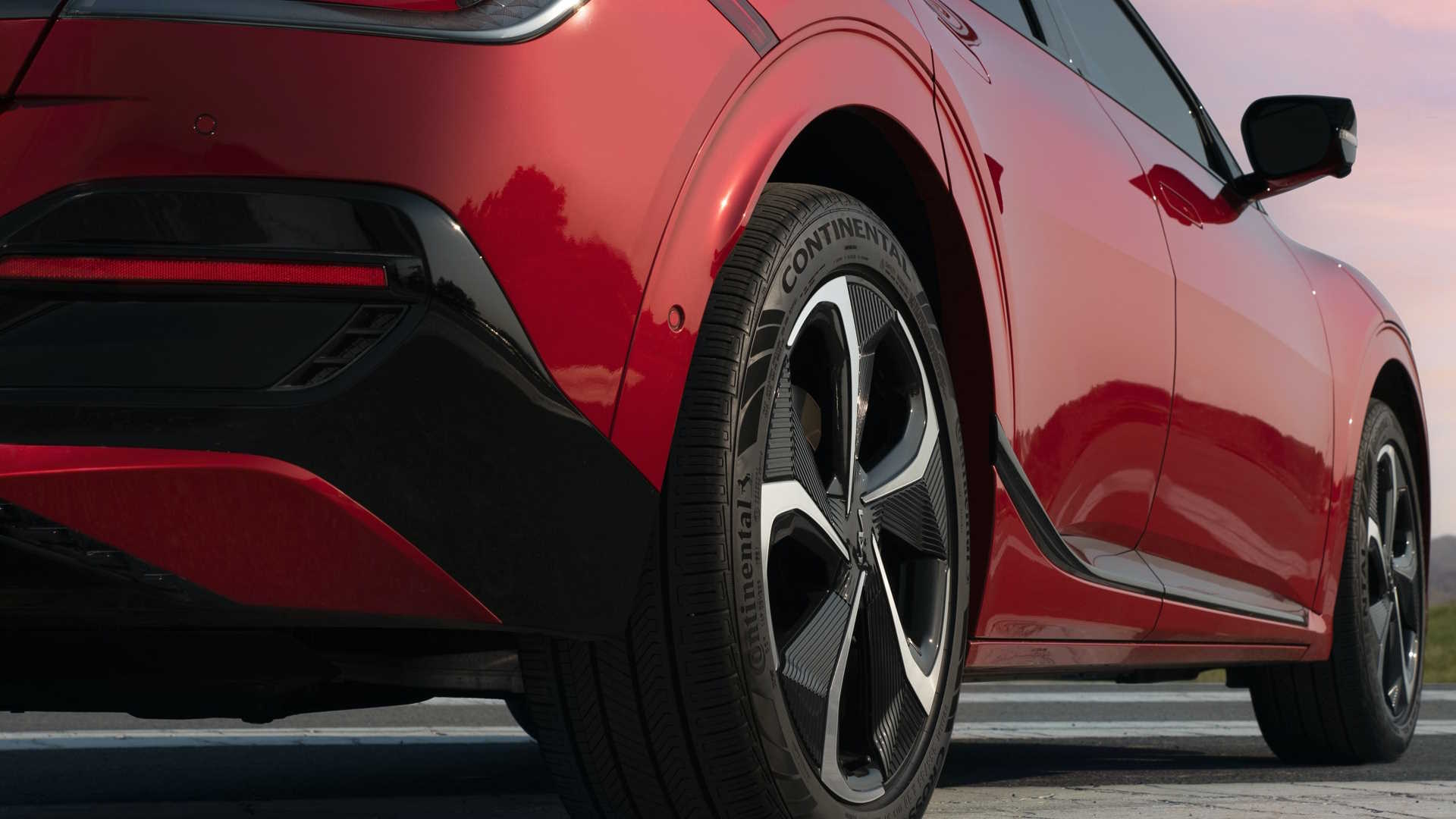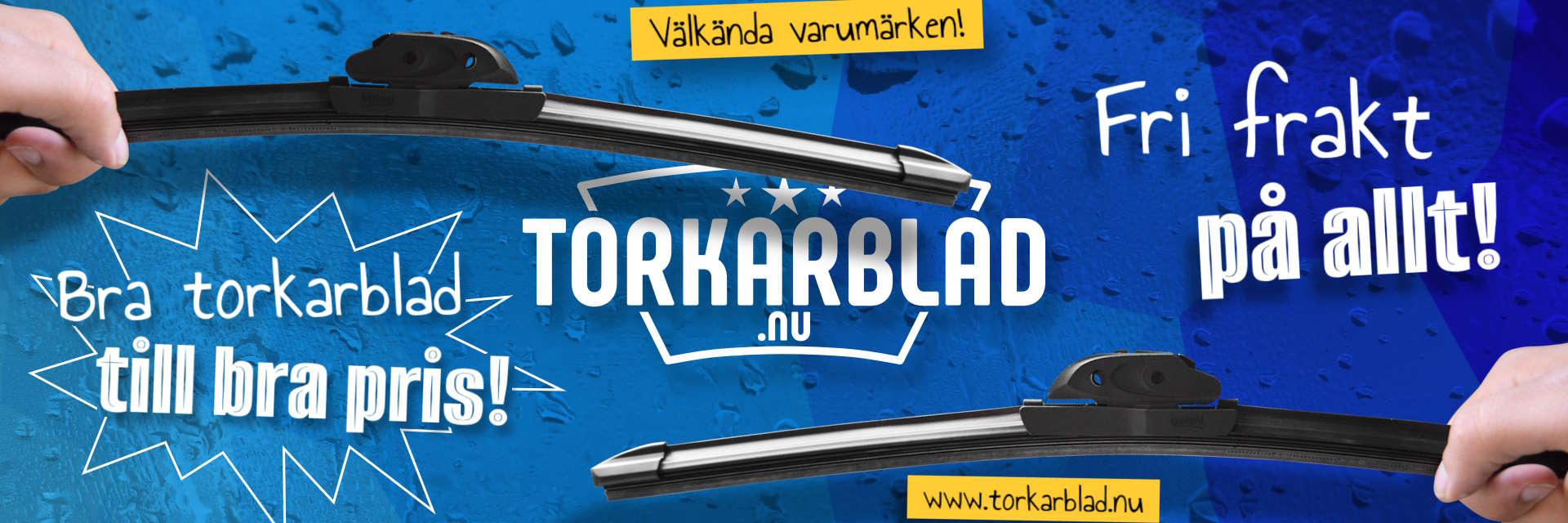In this article, we’ll break down what makes them unique, how they work, where they’re used, and what you should consider before choosing them.
What Are Super-Precision Single Direction Angular Contact Thrust Ball Bearings?
At their core, these bearings are a high-accuracy version of thrust ball bearings designed to support axial loads in only one direction. The "angular contact" aspect means the rolling elements (balls) run along raceways that are angled—typically 60°—so the contact angle helps the bearing sustain high axial loads while also maintaining precise shaft positioning.
And when we say “super-precision,” we’re talking about exceptionally tight manufacturing tolerances that minimize runout and vibration, allowing for ultra-smooth, high-speed operation.
Key Features at a Glance
These bearings are optimized for axial loads in a single direction, which makes them ideal for setups where one-direction thrust support is essential.
Super-precision manufacturing and optimized geometry allow for very high rotational speeds, especially with ceramic ball options.
Their design ensures low torque and heat buildup, even at high speeds, which contributes to long bearing life and stable performance.
Because of the large number of balls and optimized contact angle, these bearings provide excellent rigidity, which is vital for maintaining spindle positioning and cutting accuracy.
Where Are They Used?
Super-precision single direction angular contact thrust ball bearings like https://en.tradebearings.com/7602090TVP-4619.html are most often found in high-end, speed-sensitive equipment where axial precision is crucial. Some typical applications include:
CNC machine tool spindles
Precision grinding machines
High-speed lathes
Vertical machining centers
Ball screw support units
Robotics and aerospace assemblies
If your setup demands ultra-precise axial guidance with low heat generation and minimal vibration, this is your bearing.
How They Work
These bearings are made of an inner ring, outer ring, and a set of balls arranged at a defined contact angle—usually 60°, although this may vary. This angle allows them to effectively support axial loads, while the precision-grade finish ensures smooth operation at high RPM.
They are often mounted in sets, either back-to-back (DB), face-to-face (DF), or tandem (DT), depending on the load direction and stiffness required.
Note: These bearings must be properly aligned and preloaded to perform at their best. Improper installation can lead to misalignment, vibration, or premature failure.
Design Variants
While the core principle remains the same, there are a few variations and customization options you’ll often see:
• Ceramic Hybrid Versions
These feature silicon nitride balls instead of steel, allowing for even higher speeds, lower friction, and resistance to electrical erosion (useful in motorized spindles).
• Lubrication Options
Available with grease lubrication or oil-air lubrication systems, which can dramatically affect performance, speed limits, and service life.
• Sealed vs. Open
Most super-precision thrust ball bearings are open for easy lubrication and cooling, but some variants come with light-contact seals for clean environments where contamination must be avoided.
Benefits of Super-Precision Bearings
Let’s break it down in real-world terms.
These bearings stay composed even as the spindle spins at tens of thousands of RPM—essential in applications like high-speed milling or micro-drilling.
Thanks to their minimal heat generation and wear, these bearings help prevent unplanned shutdowns and reduce long-term maintenance costs.
Less vibration and more accurate shaft guidance mean cleaner cuts, tighter tolerances, and improved surface finishes in machined parts.
What to Consider Before Choosing One
To get the most from a super-precision single direction thrust bearing, keep these factors in mind:
Load direction: These only handle axial loads in one direction, so they’re often used in pairs or with a corresponding radial bearing.
Speed limits: Check the speed rating, especially if you're working with high-RPM spindles.
Mounting and preload: Proper preload is key to performance—too little and you’ll lose accuracy, too much and you'll generate excessive heat.
Lubrication: Match the lubrication system to your operating speed and environment.
Material choice: Consider ceramic hybrids if you need top-tier speed and low weight.
Maintenance and Best Practices
These bearings operate at such fine tolerances that handling and cleanliness are just as important as the design itself. Follow these tips to extend bearing life:
Keep everything clean during installation—dust or debris can cause micro-damage.
Use correct preload settings, especially when mounting in pairs.
Monitor temperature and noise during operation as early indicators of wear or misalignment.
Lubricate appropriately, based on speed, temperature, and application conditions.
Final Thoughts
If you're aiming for the highest levels of performance in a machine tool or high-speed spindle, super-precision single direction angular contact thrust ball bearings are a must-have component. Their ability to deliver high-speed, high-rigidity, and low-friction performance makes them ideal for advanced manufacturing environments where precision isn’t just a requirement—it’s the difference between success and scrap.
While these bearings might seem like a niche product, their real-world benefits in productivity, reliability, and machining quality speak for themselves. Choose wisely, mount carefully, and your equipment will thank you with years of flawless performance.







